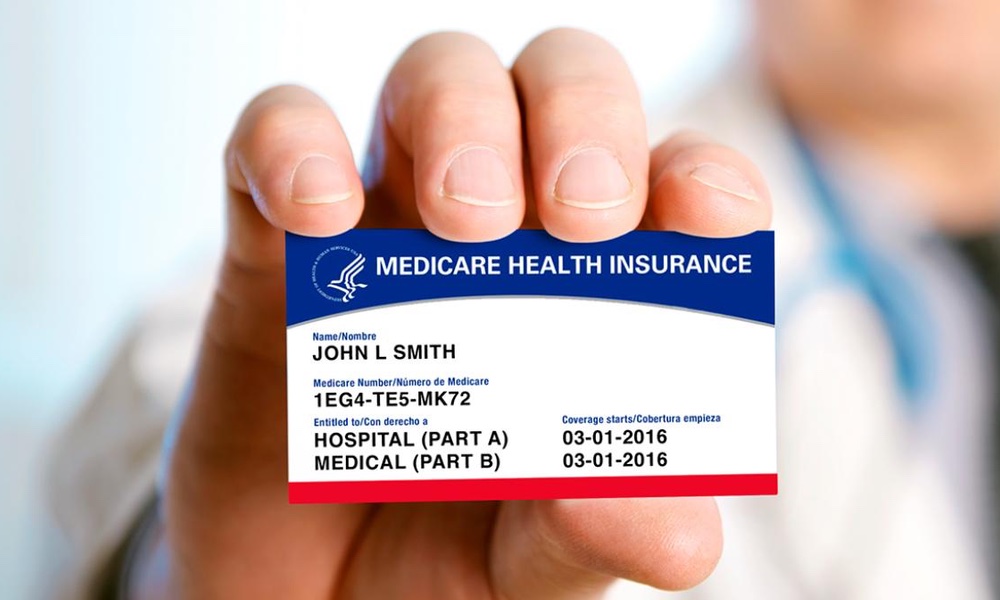Over-the-counter fish oil supplements are not recommended by the medical community, yet around 20 percent of people older than sixty years old take them daily, believing they will help keep their hearts healthy.
New research shows this practice may not always be such a good idea, especially for people who don't already have cardiovascular issues. For them, taking fish oil supplements may increase the risk of atrial fibrillation and a first stroke.
In order to find out just how helpful — or unhelpful — fish oil supplements really are, a team of researchers from China, the U.S., the UK and Denmark followed the health of over 415,000 participants in the UK's Biobank for a dozen years.
The team analyzed the number of new cases of atrial fibrillation, heart attack, stroke and heart failure, as well as the death of people with no known cardiovascular disease who were taking daily fish oil supplements. The team also evaluated whether the supplements had any effect on the progression of existing heart conditions.Regularly taking over-the-counter fish oil supplements to help prevent heart disease may not be the wisest choice, but eating a diet rich in omega-3 fatty acids is still a healthy option.
Here's what they found:
- For those with no known cardiovascular disease at the start of the monitoring period, regular use of fish oil supplements was associated with a 13 percent heightened risk of developing atrial fibrillation.
- In the same population, there was a 5 percent heightened risk of having a stroke for those regularly taking fish oil supplements.
- Although the benefits and risks of omega-3 supplementation were not uniformly observed, the risk of healthy patients going on to have a heart attack, stroke or heart failure was 6 percent higher in women and 6 percent higher in non-smokers.
- There was a greater beneficial effect of taking the supplements for older folks and for men who already had existing heart conditions.
- For those taking the supplement in this older population, the risk of transition from good health to death was 11 percent and 7 percent lower respectively.
This was an observational study and the researchers collected information from participants or looked at data that were already collected. Thus, no conclusions can be made regarding the actual cause and effects of taking fish oil supplements. In addition, most of the participants were white, so the findings might not apply to people of other ethnicities.
“Overall, I would say that the days where people just go to the store and buy buckets of fish oil pills to keep them well should be over, but fish oil may still have a role in people who are already sick,” said Dr. Andrew Freeman, the director of cardiovascular prevention and wellness at National Jewish Health in Denver, in an interview with CNN.
Regularly taking over-the-counter fish oil supplements to help prevent heart disease may not be the wisest choice, though fish oil may still have a role to play for people who are already sick. And eating a diet rich in omega-3 fatty acids remains a healthy option no matter what your cardiovascular risk may be.
Algae and seaweed are excellent non-fish sources of omega-3s, as are edamame (soybeans), flaxseed, hempseeds, walnuts and chia seeds. Tuna, swordfish, redfish, whitebait and mackerel are fish that are especially rich in omega 3's.
Besides eating a healthy diet, other ways to help keep your heart healthy include:
- Being physically active.
- Maintaining a healthy weight.
- Quitting smoking and staying away from secondhand smoke.
- Controlling cholesterol and blood pressure.
- Only drinking alcohol in moderation.
- Managing your stress.
The study is published in BMJ Medicine.





